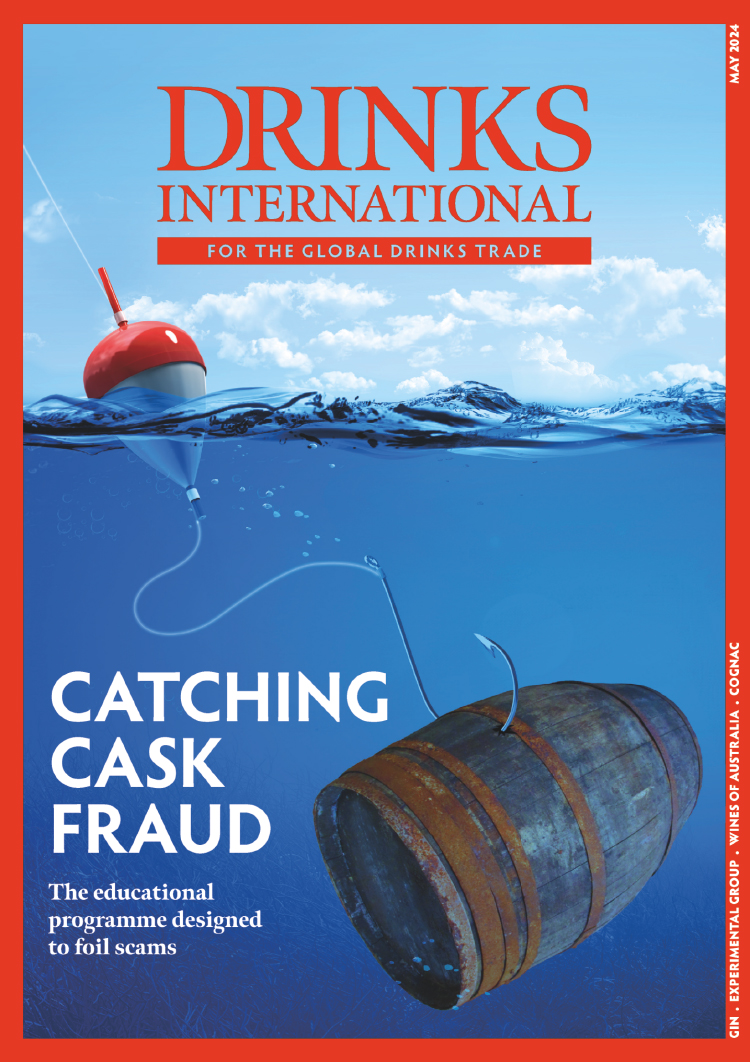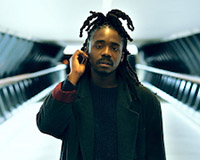We are a young country in cocktail culture, about 40 years. Over the past 10 years, we have had a significant change – the bars came from inside the big hotels to gain space in renowned restaurants and the streets. The growth of the bars has been proportional to the major expansion of Brazilian cuisine, especially in São Paulo, and been followed for other major cities such as Rio de Janeiro and Belo Horizonte.
São Paulo is the economic centre and the city that never sleeps, where we have a large concentration of business and different cultures. The main Brazilian cocktails are Caipirinha and Rabo de Galo. The first one is made with white cachaça, the famous Brazilian distillate, Taiti lemon, sugar syrup and ice. The second is also made with cachaça aged in oak and Antica Formula vermouth. Among the classics that shine are the Negroni, Martinez and Old Fashion, among many others.1
The consumption of cocktails and spirits between age groups is different because of tradition – older people usually drink straight, and younger people are really getting interested in cocktails, which is a new trend in the country and, of course, we the bartenders are working to make this trend permanent.
Cocktail culture has started, but we still have a lot to delve into. There is a lack of access to certain types of spirits and artisan brands from other countries, which is due to a lack of attractiveness of the market and higher taxes for imported products.
On the other hand, we have a country rich in regional raw materials, our cachaça craft for instance, can be as diverse as any other distillate. We can age it in various woods, thus transforming it into a complex and unique product.
It can also be mixed with various other products such as vermouth, bitter, liqueurs and fruits. We could also have an improved investment from the government and the private sector into the bartender category. Growth in university courses can mean our profession has a technical education.
The pioneer bartenders are Kascão Oliveira and Derivan Ferreira, these are the precursors of the national drinking scene in Brazil, São Paulo. The new generation are Rafael Pizanti, Marcelo Serrano, Spencer Amereno, Alex Mosque, Laércio Zulu, Talita Simões and myself. Among the bars: Brasserie des Arts, Riviera, Sub-Astor, Frank, Side and Número.
Considering the Latin American continent, Brazil is, in my opinion, in third place, behind Argentina and Mexico. If we look only at Brazil, São Paulo and Rio de Janeiro are the best bar scenes at the moment. São Paulo stands for a more classical and custom drinking scene while Rio de Janeiro has a lot of bohemian bars.
Changes in the economy always worry consumers, but now we are living through a period of innovation in the bar scene, with new bars being opened with a focus on cocktails. I see growth like never before. Therefore, I am investing later this year in the opening of a classic cocktail bar where cachaça is the protagonist and where the cuisine is in the background, but not less important.
The challenge for bartenders here is to stop following the trends of other countries and begin to raise our own flag. We will do better working with what is ours, because it is in our culture, whether in distillate format with cachaça or regional raw material with fruits, seeds and spices. By doing this, we will start to contribute to a better global drinking scene. As for the bar owners, they need to see the profession as a revenue supplement, investing in training and new professionals.
In terms of my favourite cocktails, pardon my lack of modesty, but I make a classical Caipirinha, the typical Brazilian cocktail with an aged cachaça in wood balm, which I consider wonderful... but in bars, I have tears in my eyes for Rabo de Galo, a delicious cocktail created by Spencer Amereno at Frank’s Bar in São Paulo.




